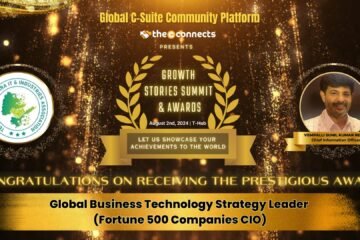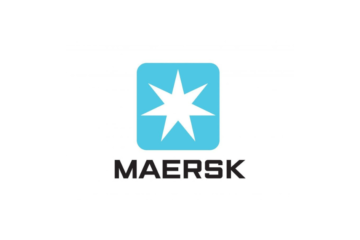Shell, a renowned global energy company, has achieved remarkable success in the industry. With a history that spans over a century, Shell has evolved into a leading player in oil, gas, and renewable energy sectors. Through innovation, strategic investments, and a focus on sustainability, Shell has established itself as a trusted provider of energy solutions, contributing to global progress and the transition to cleaner sources of power.
Table of Contents
Company Information:
- Company Name: Shell Global
- Founder Name: Marcus Samuel and Henri Deterding
- Founded Year: 1907
- Headquarters: The Hague, Netherlands
Products:
- Crude oil
- Natural gas
- Refined petroleum products (gasoline, diesel, jet fuel, lubricants, etc.)
- Petrochemicals (plastics, solvents, synthetic fibers, etc.)
Services:
- Oil and gas exploration and production
- Refining and manufacturing
- Marketing and distribution
- Renewable energy solutions
Competitors:
- ExxonMobil
- Chevron
- BP
- TotalEnergies
- ConocoPhillips
- Saudi Aramco
- PetroChina
- Rosneft
- ENI
- Gazprom
Company History & Growth:
- 1907: The Royal Dutch Shell Group was founded through the merger of Royal Dutch Petroleum Company and Shell Transport and Trading Company.
- 1930s-1950s: Shell expanded globally, establishing operations in Asia, Africa, and the Americas.
- 1970s-1980s: The company diversified its operations and investments into sectors like coal, nuclear power, and renewable energy.
- 1990s: Shell shifted its focus towards core oil and gas businesses, divesting from non-core sectors.
- 2000s: Shell invested in liquefied natural gas (LNG) projects and made advancements in deepwater exploration and production.
- 2010s: Shell acquired BG Group, enhancing its LNG and deepwater capabilities and strengthening its position as a global energy company.
Challenges & Lessons:
- Adapting to fluctuations in oil prices and the energy transition towards cleaner sources.
- Balancing the need for fossil fuels with sustainability and environmental concerns.
- Managing geopolitical risks and complex regulatory environments in different regions.
- Navigating technological advancements and disruptive innovations in the energy sector.
- Building trust and maintaining a positive reputation amidst environmental controversies.
Innovations:
- Advancements in deepwater drilling and offshore exploration technologies.
- Development of cleaner-burning fuels and low-carbon energy solutions.
- Investments in renewable energy sources such as wind and solar power.
- Implementation of carbon capture and storage (CCS) technologies.
- Application of data analytics and digital solutions for operational optimization.
Achievements or Milestones:
- Strong global presence with operations in over 70 countries.
- Leadership in oil and gas exploration, production, and refining capacities.
- Investments in renewable energy and low-carbon initiatives.
- Contributions to sustainable development and social investment programs.
- Focus on safety, operational excellence, and stakeholder engagement.
Recognitions & Awards:
- Recognition for sustainability efforts and environmental initiatives.
- Safety awards for maintaining high standards in operational safety.
- Inclusion in various sustainability and responsible investment indexes.
- Accolades for technological advancements and innovation in the energy sector.
Recap of the Company’s Success Story and Achievements:
Shell Global, founded by Marcus Samuel and Henri Deterding, has grown into a leading global energy company. With a rich history and diverse portfolio, Shell has been at the forefront of oil, gas, and renewable energy sectors. The company’s achievements include technological innovations, investments in sustainability, and a commitment to operational excellence and stakeholder engagement. Shell’s global presence and contributions to the energy transition have positioned it as a key player in the industry.
What Entrepreneurs Can Learn from Shell Global’s Success:
- Embrace innovation and invest in research and development for technological advancements.
- Diversify operations and adapt to changing market conditions and regulatory landscapes.
- Incorporate sustainability and environmental considerations into business strategies.
- Foster strong stakeholder relationships and engage in transparent communication.
- Continuously assess and mitigate risks associated with geopolitical challenges and market volatility.



